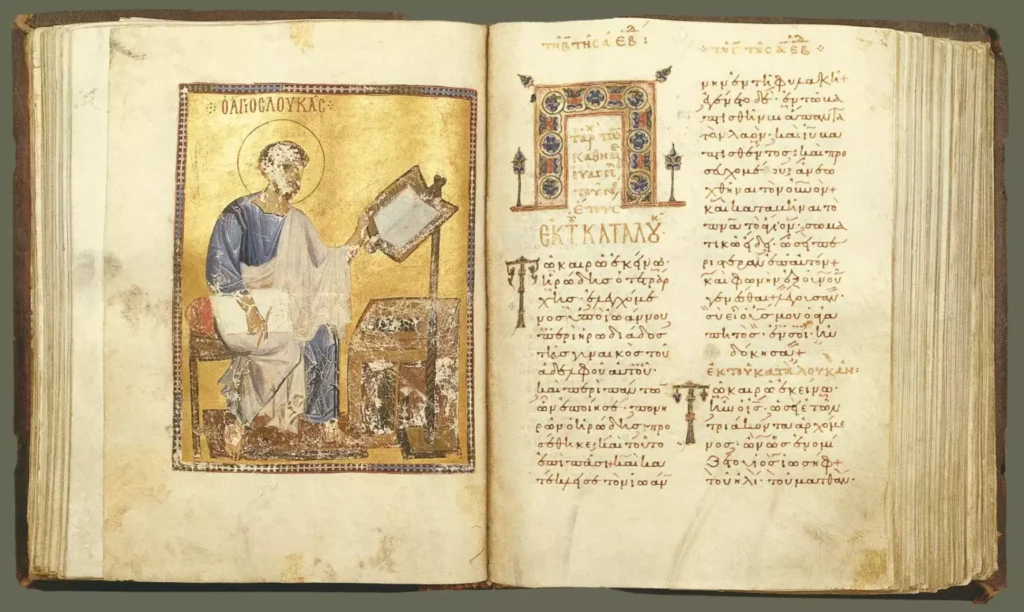Zaanan | צַאֲנַן | Name
Etymology and Semantic Analysis The name ‘Zaanan’ derives from the Hebrew word ‘צַאֲנַן’ (Tsaa’nan), mentioned in the Old Testament. It occurs only once in the Bible, in the book of Micah 1:11. The verse depicts the lamentation and mourning of various towns in Judah in anticipation of the judgment coming upon them. The etymological root […]
Desire in the Bible | ἐπιθυμία (epithymia) | Noun
Etymology and Semantic Analysis The English word ‘desire’ is a complex term encapsulating longing, craving, or a strong wish. Its Greek equivalent, ἐπιθυμία (epithymia), found in the New Testament, conveys a similar spectrum of intense yearnings, whether noble or ignoble. This term appears in various contexts, from the harmless longing for food (Philippians 1:23) to […]
Jaazaniah | יַעֲזַנְיָה (Hebrew) | Name
Etymology and Semantic Analysis Jaazaniah, a Hebrew name found in the Old Testament, originates from יַעֲזַנְיָה (Ya’azanyah), signifying “Yahweh hears.” This name appears in several instances, notably in 2 Kings 25:23 and Jeremiah 35:3, where Jaazaniah son of a Maacathite is mentioned as a military leader during the Babylonian siege. Another Jaazaniah, the son of […]
Day in the Bible | Ημέρα (Greek) / יוֹם (Hebrew) | Noun
Etymology and Semantic Analysis The word ‘day’ in English is derived from Old English ‘dæg’. In the New Testament, the Greek equivalent is ‘ημέρα’ (hēmera), signifying a 24-hour period or daylight hours. In the Hebrew Bible, ‘יוֹם’ (yom) carries a similar meaning. The semantic range of ‘day’ varies: it can denote a literal day, a […]
Quirinius | (Greek: Κυρήνιος) | Name
Definition Quirinius, a Roman name, refers to Publius Sulpicius Quirinius, a historical figure mentioned in the New Testament, specifically in the Gospel of Luke. He is noted for his role as a Roman governor who conducted a census during the time of Jesus’ birth. Various Translations In the King James Version of the Bible, the […]
Gospel of Luke | Exploration and Interpretation

The Gospel of Luke, traditionally credited to Luke the Evangelist, stands as a pivotal text in the Christian New Testament. Its precise date of composition is debated, with estimates typically ranging from AD 60 to 110. Unlike other synoptic gospels, Luke offers a unique perspective on the life and teachings of Jesus Christ. The author’s […]
Abaddon | Biblical Context and Theological Interpretations

Abaddon, a term of profound theological and symbolic significance, emerges within the Biblical narrative as both a place and an entity. Its etymological roots, traced back to Hebrew, denote “destruction” or “doom,” establishing a formidable presence within scriptural texts. Etymological Analysis The Hebrew origin of Abaddon, אֲבַדּוֹן (‘avadon), is fundamentally linked to notions of […]
Ordination Across Christian Denominations

Ordination in Christianity, known in Greek as “χειροτονία” (cheirotonia), derived from “χείρ” (hand) and “τένω” (to stretch), etymologically signifies the laying on of hands. This practice, deeply rooted in both scripture and tradition, varies in interpretation and application among different Christian denominations. The concept of ordination represents a pivotal rite in many Christian traditions, encompassing […]
